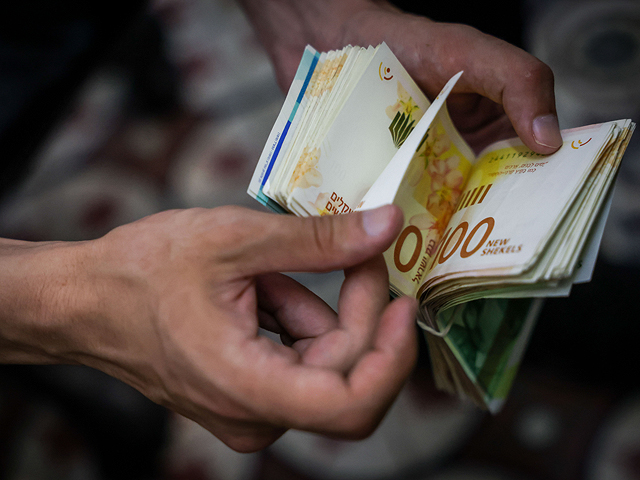The period following the legislative elections in France has been marked by a significant increase in gas prices, which is causing concern for millions of French citizens. This increase of almost 12% in gas prices, which came into effect on Monday, is mainly attributed to the rise in gas network maintenance costs and market prices, as announced back in March. The average annual gas bill is expected to increase by 124 euros, from 1,060 euros in June to 1,184 euros on July 1.
In response to this increase, the Energy Regulatory Commission (CRE) has set the average benchmark price of kWh at around 13 cents for July. Despite this increase, the price is still lower than in January when the tariff shield ended. The issue of rising energy prices has become a central point of discussion in the ongoing legislative elections. Political parties are proposing various measures to address concerns about purchasing power.
The Macronist Renaissance party aims to create an energy renovation fund to assist middle and working-class households with home insulation and decarbonization. Minister of Economy and Finance, Bruno Le Maire, has announced a decrease in regulated electricity prices for 2025. Meanwhile, the National Rally party plans to lower the VAT rate on gas, electricity, and fuels from 20% to 5.5%, which could cost around 10 billion euros per year. However, this measure would need approval from Brussels and may face challenges in implementation. The New Popular Front (NFP) proposes to reduce energy company margins by lowering VAT rates and freezing prices of basic necessities through decree. These measures aim to address concerns about inflation and ensure fair competition at the European level.
As political parties explore various solutions to mitigate the impact of rising energy prices on French households, it remains uncertain how effective these measures will be in addressing the long-term sustainability issues surrounding our reliance on fossil fuels for energy production.
In conclusion, while political parties are proposing various measures to address concerns about purchasing power due to rising energy prices



